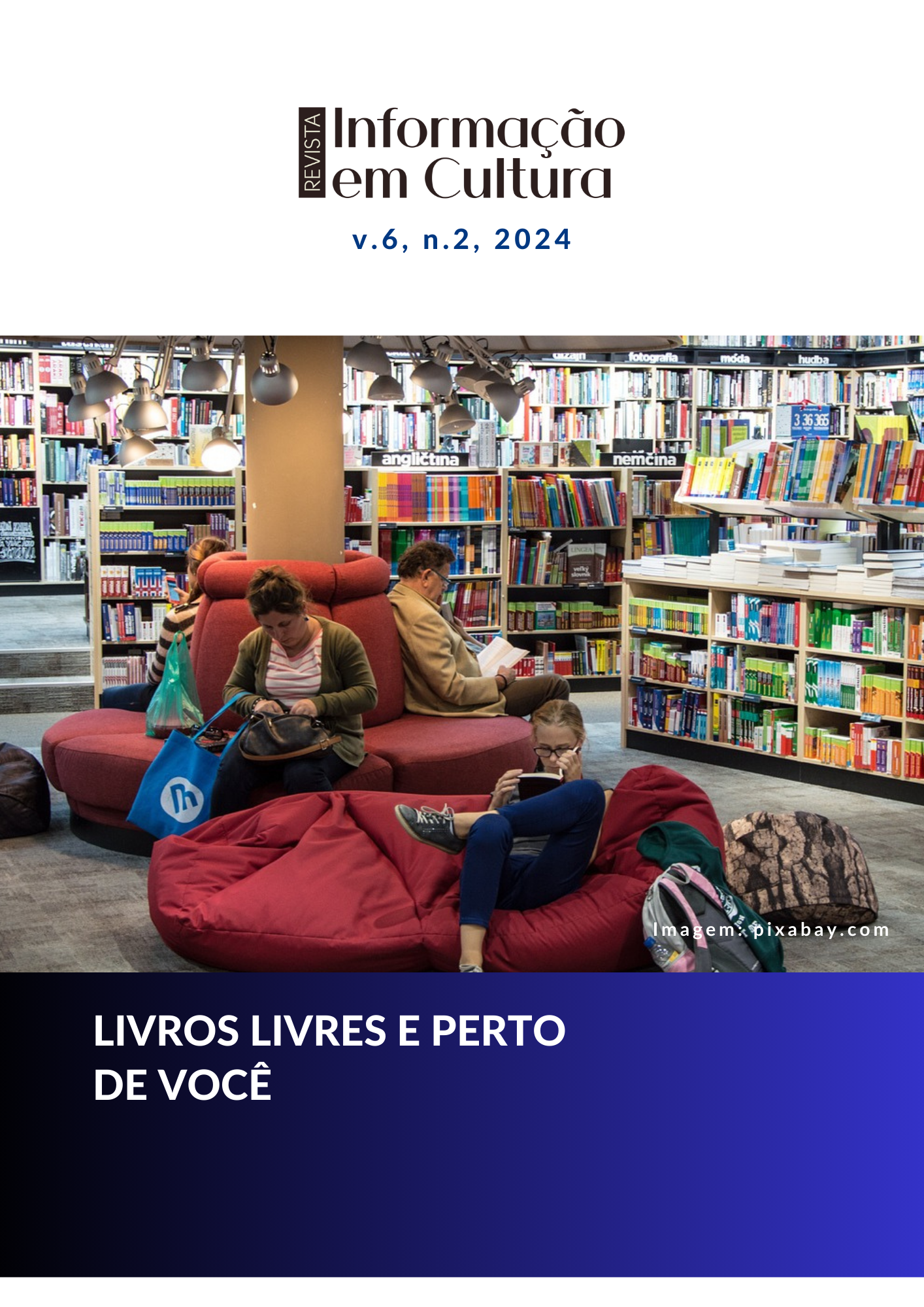DIGITAL LITERACY AND CHILDREN LITERACY IN THE PANDEMIA
CHALLENGES EXPERIENCED IN TEACHING
DOI:
https://doi.org/10.21708/issn2674-6549.v6i2a12501.2024Keywords:
Child literacy, Digital literacy, Covid-19, Pedagogical practiceAbstract
In addition to being a major problem that humanity had to face, especially in 2020 and 2021, the pandemic can also be understood as an event that made many of the old social problems that were never unrelated to education even more evident, especially in relation to working with digital technologies, which implies the quality of students' literacy regarding the use and mastery of digital tools in the learning process. In view of this, this research aims to understand the meanings (senses and meanings) constituted by a teacher from the rural area of the upper backlands of the state of Paraíba about the challenges of the pedagogical practice of digital literacy with children in the context of the covid pandemic- 19. The study has a qualitative approach, and it is grounded on Social-Historical Psychology. The research data was constructed through a reflective interview answered by a teacher. The analysis was based on the meaning nucleus methodology. Pre-indicators and systematization of indicators were identified in the teacher's speech, revealing the meanings constituted by her. Although technological resources were used during the pandemic period, they did not fully attend to the needs of teachers and children in the literacy process, not due to inefficiency, but above all due to the lack of training of teachers to deal with didactic transposition, precarious access for children’s technological devices, instability of the country internet providers, due to geographic, social, political and economic factors.
Downloads
Downloads
Published
How to Cite
Issue
Section
License
Copyright (c) 2024 Licenças Creative Commons

This work is licensed under a Creative Commons Attribution-ShareAlike 4.0 International License.




